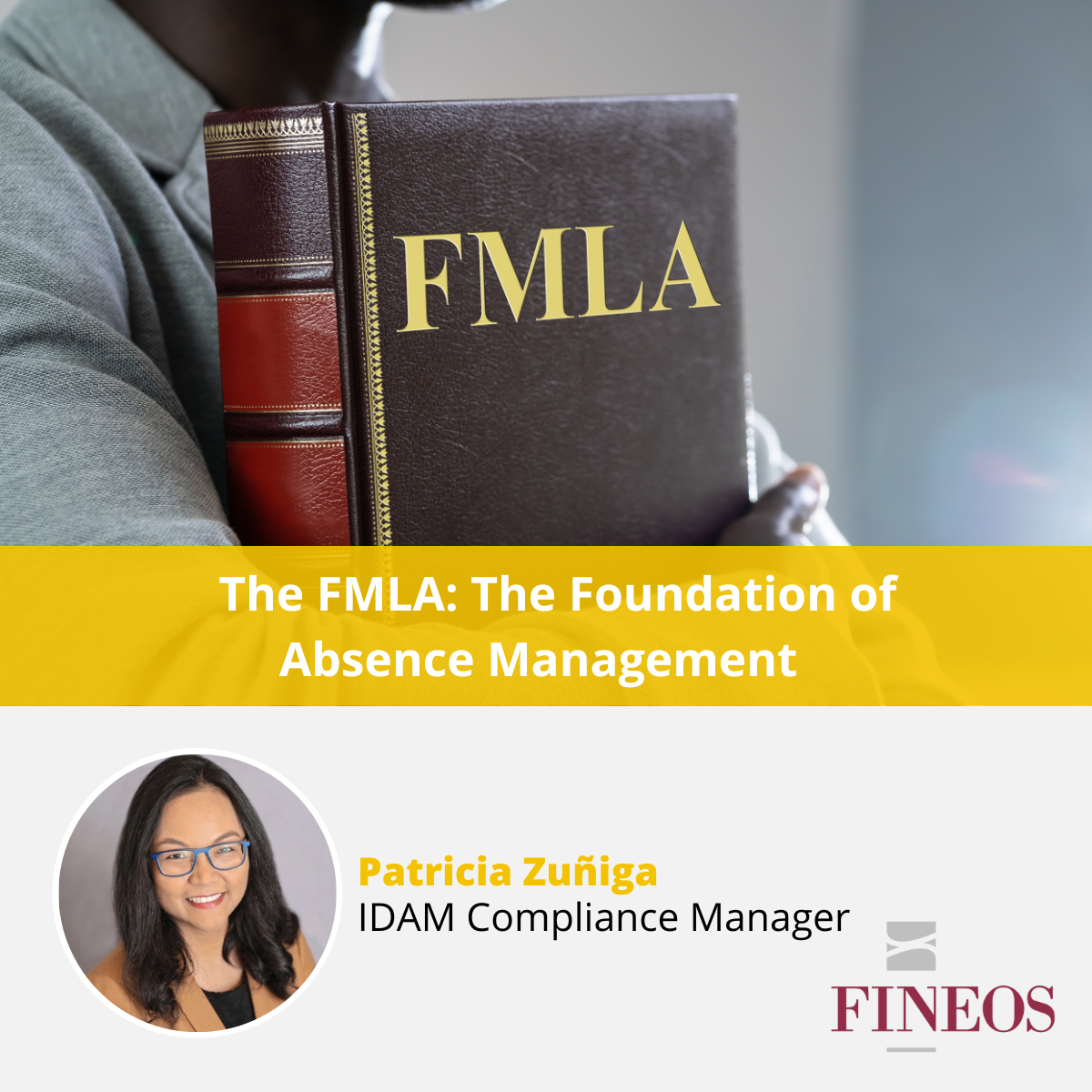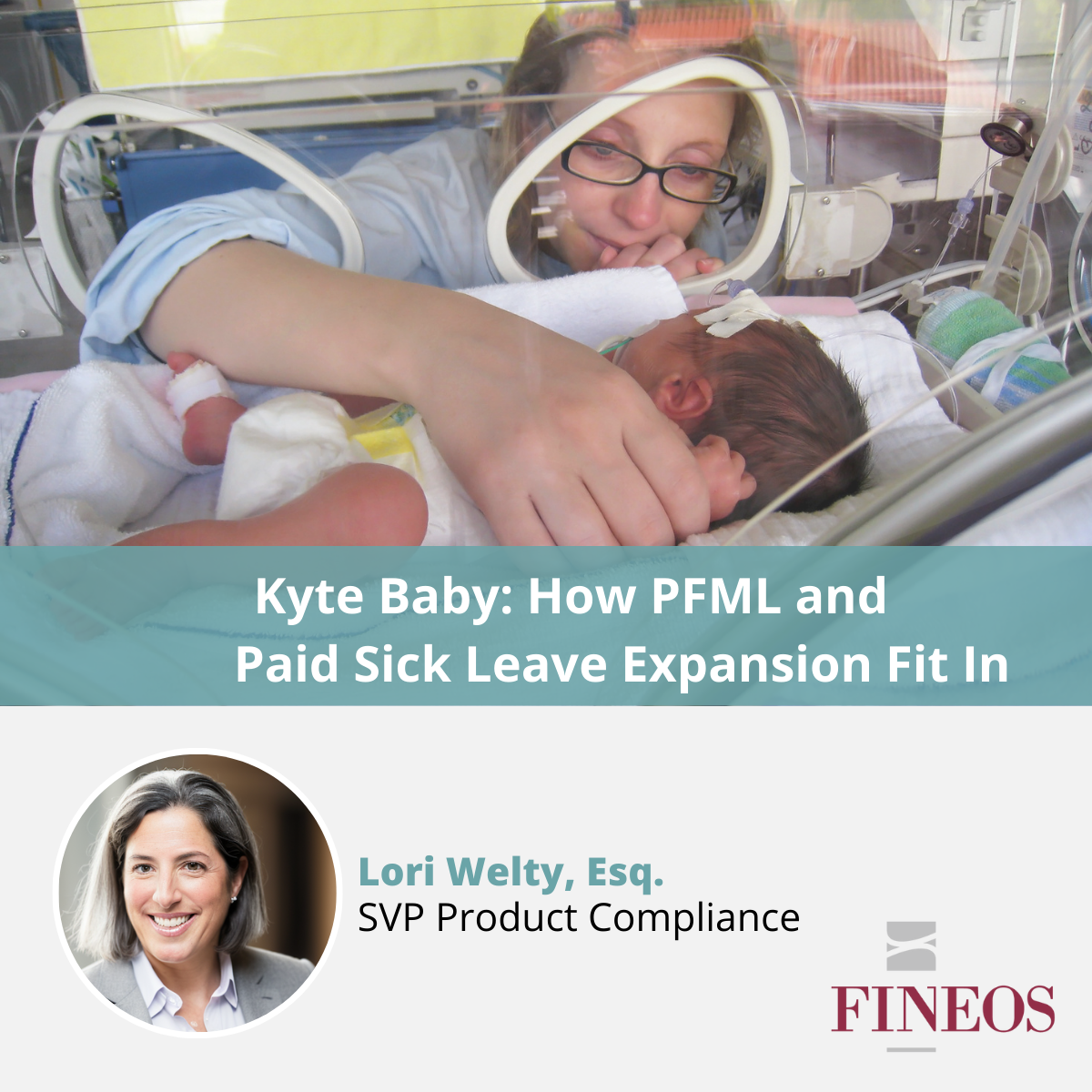Tim Crossley, London Market Sales Manager, FINEOS
Does the London Market leak? More precisely, is there claims leakage in the London Market, and, if there is, can anything be done to reduce it? I don’t pretend to know the answer to this question for sure, but I have a gut feeling. I can’t help feeling that money is left on the table at Lloyd’s without customer service being impacted.
Perhaps part of the issue is semantics? What do we mean by leakage and as defined is it purely a Personal Lines malady? Here are two definitions from the many available:
“Preventable claim settlement expenses caused by such factors as inefficient processing, improper payment, bad decision making, human error, or process breakdowns.”
Or more prosaically:
“The difference between what you did spend and what you should have spent on a claim.”
None the wiser? Is it leakage when you get fined for not reporting Medicare claims? Or when you don’t repudiate a fraudulent claim? What about paying more than you needed for reinsurance as a result of not providing better quality historical claims data? Allowing a claim to enter litigation when there was an opportunity for a fair early settlement? Seemingly even more removed, when you ended up underwriting a risk at a price at odds with the claims experience?
You might contest the role or relevance of technology in preventing the outcomes above. I’d be happy to have that debate but my point is that these all represent sub optimal results, i.e. avoidable leakage or ‘money left on the table.’ Numerous leakage studies in recent times all put leakage in double figures, but to my knowledge no one has done this kind of study in the London Market. Why is that?
We recently did some work with a London Market client on Fraud detection, at their instigation. We then checked the relevance of the work with another client and sure enough there is a broadly common requirement. If there was no fraud driven leakage in the market, and nothing could be done to reduce it, we would not have been asked to help. We are now planning to incorporate a Lloyd’s specific flavour of this feature in our standard London Market product.
At Lloyd’s, where losses are large and lumpy, how do you prove a reduction in claims indemnity costs on a year on year basis? Is this the problem – that the improvement cannot be quantified? Actuaries aren’t paid to act on hunches. The trouble is that the theoretical opportunity for cost reduction is a big fat juicy carrot, but no one wants to be called out for not picking the carrots before they rot! Experience in other markets, (even where volumes of claims and numbers of claims handlers are orders of magnitude greater than at Lloyd’s), shows that leakage cost savings are an order of magnitude greater than claims expenses and other operating cost savings.
Maybe the upshot of all this is that we have to accept a level of leakage in the London Market that is ill-defined and soggily unstoppable. Effort might be better spent looking to leverage claims data in risk and pricing decisions, and improving customer retention and renewal. Where would you place your bets?


